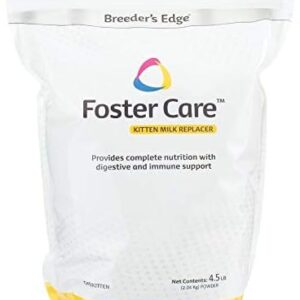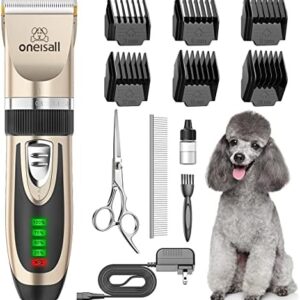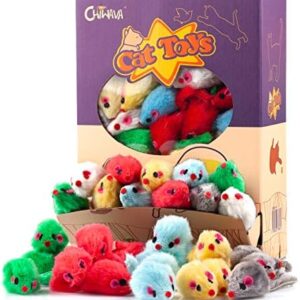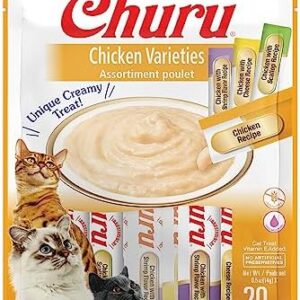
We all want our feline friends to live long, healthy lives, and one of the most important factors in achieving that goal is maintaining a nutritious diet. Just like humans, cats need a balanced and varied diet to stay healthy and strong. If you’re unsure where to start or how to ensure your cat is getting the nutrients they need, read on for some helpful tips on maintaining your cat’s healthy diet.
First and foremost, it’s crucial to choose a high-quality cat food that is appropriate for your cat’s age, size, and activity level. This means selecting a food that is specifically formulated for cats, as they have different nutritional needs than dogs or even humans. Look for a food that lists a high-quality protein source, such as chicken, turkey, or fish, as the first ingredient. Avoid foods that contain fillers like corn, wheat, or soy, as these provide little to no nutritional value for your cat.
Additionally, consider your cat’s stage of life when selecting a food. Kittens, adult cats, and senior cats all have different nutritional requirements, so be sure to choose a food that is appropriate for your cat’s age. If you’re unsure what to feed your cat, consult with your veterinarian for recommendations on a high-quality cat food that meets your cat’s individual needs.
Once you’ve selected a high-quality cat food, it’s important to maintain a feeding schedule that works for your cat. Some cats prefer to graze throughout the day, while others do better with set mealtimes. It’s important to monitor your cat’s weight and adjust their feeding schedule accordingly to ensure they are getting the right amount of food for their individual needs. Avoid overfeeding your cat, as obesity can lead to a variety of health issues, including diabetes, arthritis, and heart disease.
In addition to feeding your cat a nutritious diet, it’s important to provide them with fresh water at all times. Cats have a low thirst drive, so it’s crucial to encourage them to drink plenty of water throughout the day. Consider providing multiple water sources throughout your home, and even consider purchasing a fountain-style water bowl to entice your cat to drink more. Dehydration can lead to a variety of health issues, so be sure to monitor your cat’s water intake and encourage them to drink regularly.
In addition to their regular diet, it’s also important to provide your cat with occasional treats in moderation. Look for high-quality, all-natural treats that are free of artificial colors, flavors, and preservatives. Treats should make up no more than 10% of your cat’s daily caloric intake, so be mindful of how many treats you’re giving your cat throughout the day. Some cats may have food sensitivities or allergies, so be sure to monitor your cat’s reaction to any new treats and discontinue them if they cause any adverse effects.
Another important aspect of maintaining your cat’s healthy diet is to monitor their weight and body condition regularly. Overweight and obesity are common issues in cats, and can lead to a variety of health issues, including diabetes, arthritis, and heart disease. Be sure to monitor your cat’s weight and body condition regularly, and consult with your veterinarian if you notice any changes. Your vet can provide you with recommendations on how to adjust your cat’s diet and exercise routine to help them reach and maintain a healthy weight.
Finally, it’s important to be mindful of any changes in your cat’s appetite, behavior, or stool quality. If you notice any changes in your cat’s eating habits, such as increased or decreased appetite, vomiting, diarrhea, or weight loss, it’s important to consult with your veterinarian. These changes could be a sign of an underlying health issue that requires medical attention. Your vet can provide you with recommendations on how to address any potential health issues and ensure your cat continues to thrive on a healthy diet.
In conclusion, maintaining your cat’s healthy diet is crucial in helping them live long, healthy lives. By selecting a high-quality cat food, monitoring their weight and body condition, providing fresh water at all times, offering occasional treats in moderation, and being mindful of any changes in their appetite or behavior, you can help ensure your cat gets the nutrients they need to thrive. Remember, your veterinarian is always there to provide you with guidance and recommendations on how to best care for your furry friend. With a little bit of effort and attention to detail, you can help your cat maintain a healthy diet and enjoy many happy, healthy years together.






